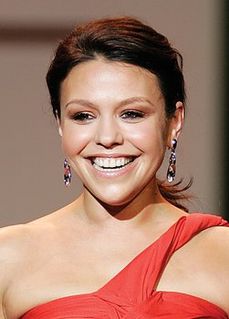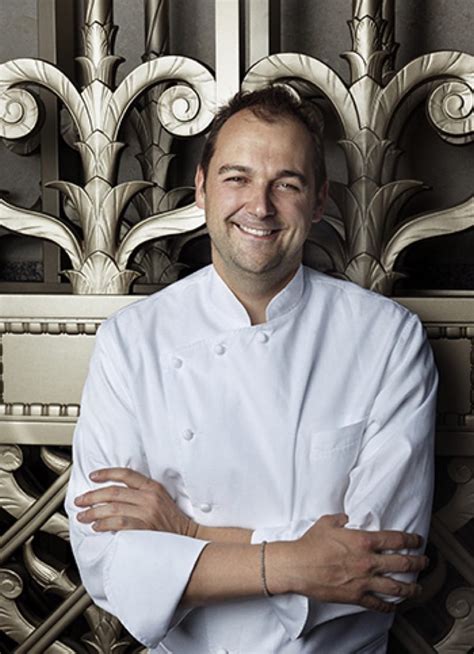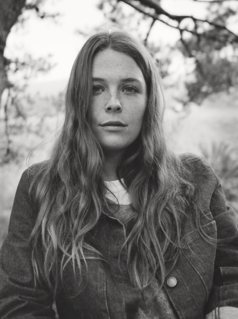A Quote by Mike D
Related Quotes
Each one of us in Café Tacvba is a composer and we come to the group with songs written out, musically and lyrically. Occasionally, there's a collaboration between us. But each song is almost always written by one of us, and then we all figure out the arrangements. Up until now there hasn't been a moment where the composer explains the song and says, "I want to say this or that." It's always open for interpretation.
We need to realize that these industrial methods of farming have gotten us used to cheap food. The corollary of cheap food is low wages. What we need to do in an era when the price of food is going up is pay better wages. A living wage is an absolutely integral part of a modern food system, because you can't expect people to eat properly and eat in a sustainable way if you pay them nothing. In fact, it's cheap food that subsidized the exploitation of American workers for a very long time, and that's always been an aim of cheap food.
Those of us who think about what we eat, how it's grown, those of us who care about the environmental impact of food - we've been educated by fabulous books, like Fast Food Nation and documentaries like Food Inc. But despite these and other great projects that shine a critical light on the topic, every year the food industry spends literally tens of millions of dollars to shape the public conversation about our food system.




































